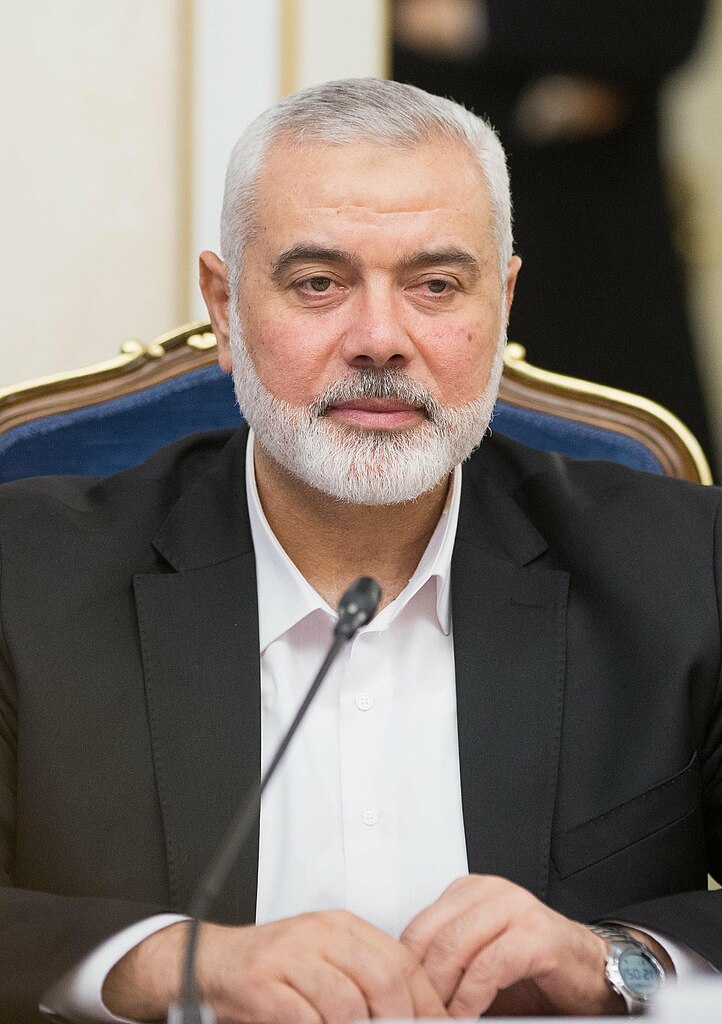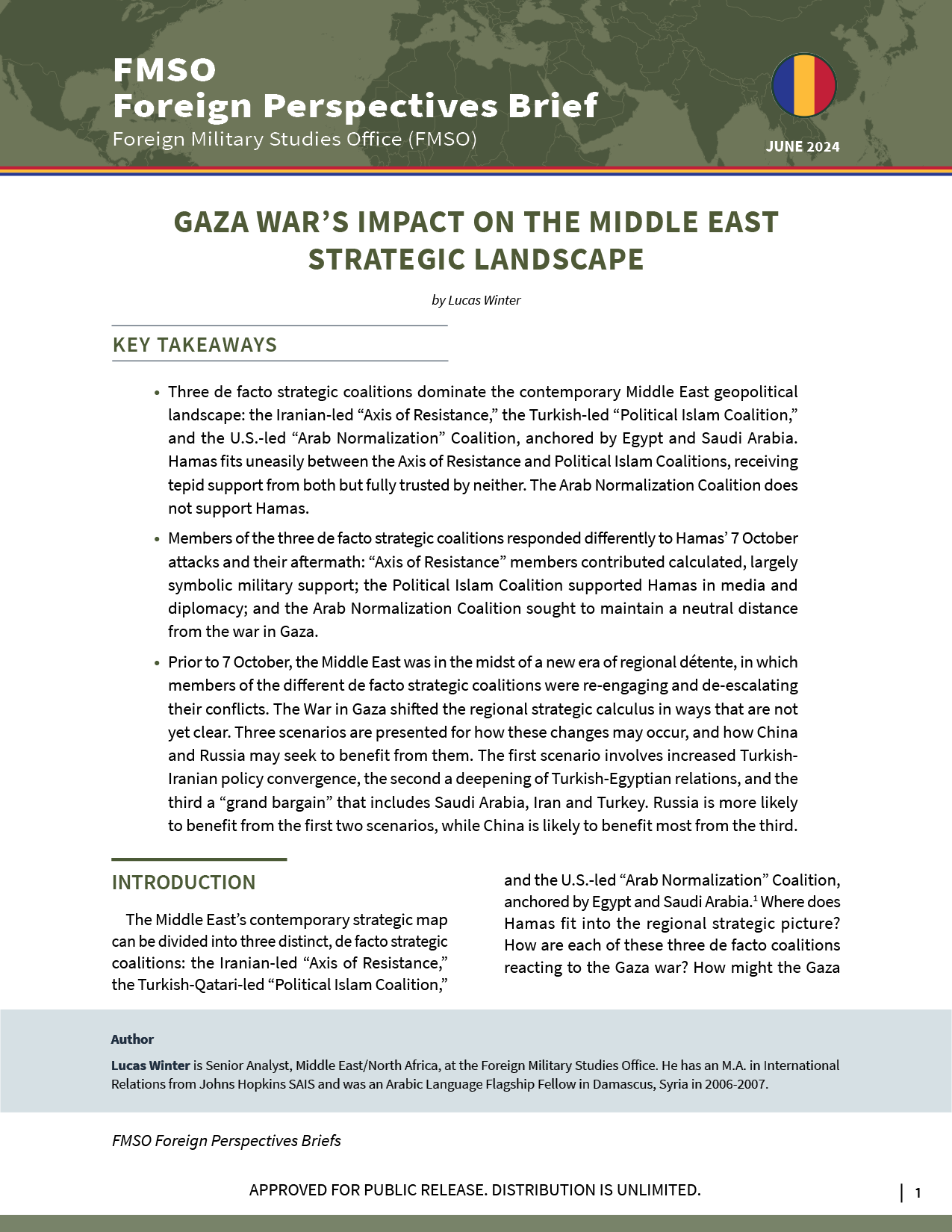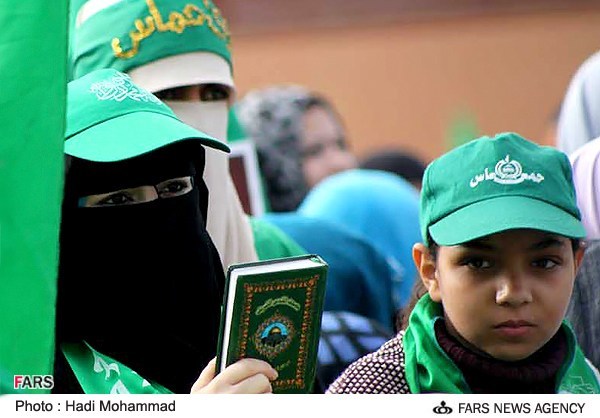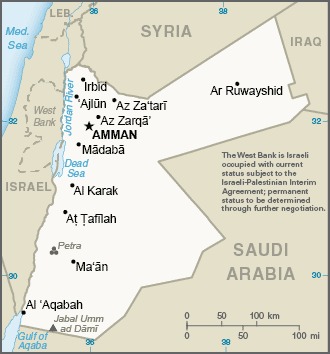
Mugshot of Syrian militant Abu Mohammad al-Jolani after his 2006 capture by U.S. forces in Iraq. In December 2024, al-Jolani became the de facto leader of Syria.
“[O]f the nearly fifty officers who were promoted on Sunday to be supervisors of the establishment of the new army, more than ten of them do not have Syrian nationality.”
After decades of Ba’athist, secular ideology, and Alawite leadership, the Syrian military’s upper echelons are undergoing a radical transformation steered by the one-time Sunni rebels of Hayat Tahrir al-Sham (HTS).[i] As widely reported in Arabic-language media and discussed in the first accompanying article, from the Lebanese daily al-Nahar, these moves have “raised widespread doubts and fears.” HTS leader Ahmed al-Sharaa (formerly Abu Mohammed al-Jolani) is now the de facto leader of the Syrian armed forces, by virtue of his command over the HTS-led “Military Operations Department” that seized power in Damascus in December 2024. In late December, al-Sharaa issued a decree promoting several HTS and allied commanders to top ranks in the new Syrian military. The list of promotions was headlined by two HTS military leaders who were given the rank of Major General, one of whom—Murhaf abu Qasra—was appointed as defense minister and the other—Ali Nur al-Din al-Naasan—as armed forces chief of staff. Both hail from Tabyat al-Imam, a Sunni town on the outskirts of the city of Hama.[ii] In addition, five leaders were promoted to Brigadier General, three of whom are non-Syrian nationals who were part of foreign jihadist groups that supported the 2010s Syrian armed uprising.[iii]
The promotion of foreign one-time jihadists to top leadership posts in the Syrian Army has “shocked the Syrian street,” according to the al-Nahar piece. Notably absent from the promotions list are former Assad regime officers who defected to form the Free Syrian Army in 2012, as well as leaders from the Turkish-backed Syrian National Army, the Kurdish-led, U.S.-backed Syrian Democratic Forces, and armed factions from southern Syria. The dominance of HTS cadres within the new military establishment, as noted in the second accompanying article from the Lebanese daily al-Akhbar, seems likely to create a rift between HTS and other opposition armed groups, perhaps most importantly the southern militias. Although al-Sharaa has voiced his intention to create a unified national army, his initial actions suggest an effort to consolidate power within HTS and its allies before other factions are incorporated into the armed forces.
Sources:
الجولاني يشكّل قيادة جيشه… خليط من أنصاره بينهم عرب وتركستان في رتب رفيعة”
(Al-Jolani sets up his military leadership…a mixture of his supporters, including Arabs and Turkestanis in high ranks),” al-Nahar (Lebanese daily), 31 December 2024. https://www.annahar.com/arab-world/arabian-levant/183813/%D8%A7%D9%84%D8%AC%D9%88%D9%84%D8%A7%D9%86%D9%8A-%D9%8A%D8%B4%D9%83%D9%84-%D9%82%D9%8A%D8%A7%D8%AF%D8%A9-%D8%AC%D9%8A%D8%B4%D9%87%D8%AE%D9%84%D9%8A%D8%B7-%D9%85%D9%86-%D8%A3%D9%86%D8%B5%D8%A7%D8%B1%D9%87-%D8%A8%D9%8A%D9%86%D9%87%D9%85-%D8%B9%D8%B1%D8%A8-%D9%88%D8%AA%D8%B1%D9%83%D8%B3%D8%AA%D8%A7%D9%86-%D9%81%D9%8A-%D8%B1%D8%AA%D8%A8-%D8%B1%D9%81%D9%8A%D8%B9%D8%A9
While the commander of the military operations department in Syria, Ahmad al-Sharaa (al-Jolani), seemed to be in no hurry to draft a new constitution for the country and hold elections, he is, on the contrary, moving at a rapid pace to restructure the security services and the Syrian military institution. This has raised widespread doubts and fears about his priorities and the reality of their goals, and whether they are related to actually imposing security and safety or point to the desire to impose the pillars of the new rule through newly established security and military institutions that will not change after the elections, which al-Sharaa said may not be held for four years. What reinforced the fears is that out of the nearly fifty officers who were promoted on Sunday to be supervisors of the establishment of the new army, more than ten of them do not have Syrian nationality…
Speaking to Al Arabiya on Sunday, Al Sharaa confirmed that the upcoming Syrian National Conference will witness several measures, including the dissolution of armed factions and the cancellation of the current constitution. This raised many constitutional questions about the extent to which Sharaa has the authority to make such a decision, given that some argue that promoting officers under the current constitution requires the issuance of a presidential decree…
In terms of regionalism, it was noted that Sharaa relied on officers from Hama to assume the highest ranks (Major General), as well as the Minister of Defense, Marhaf Abu Qasra, and the Chief of the General Staff, Ali Nour al-Din al-Naasan. As for the Brigadier General ranks, which are five, there were only two Syrians among them… The remaining brigadiers are of different nationalities: Abdul Aziz Daoud Khodaberdi, known as Abu Muhammad al-Turkistani, is the leader of the “Turkistani Islamic Party” wing that pledged allegiance to al-Jolani in the past. The second wing is “Foreigners of Turkistan.” Abdul Rahman Hussein al-Khatib is Jordanian and was known in Syria as Abu Hussein al-Urduni. The third brigadier is Omar Muhammad Jaftshi, one of the most prominent military leaders close to Ahmad al-Sharaa. He worked in complete secrecy without revealing his identity and was known by the nickname Mukhtar al-Turki. 42 officers were promoted to the rank of colonel, including several names belonging to non-Syrian nationalities such as Albanian (Abdul Samriz Yashari), Egyptian (Alaa Muhammad Abdul Baqi), Jordanian (Abnian Ahmad al-Hariri), and Tajik (Molan Tarson Abdul Samad). Among these names are a large number who have no military background, but were ordinary civilians before they participated in the fighting against the former regime…
The Syrian street was overwhelmed by feelings of real shock when this formation was issued due to the reliance on different nationalities in building an army that is supposed to be national. However, the supporters of “Hay’at Tahrir al-Sham” justified this by saying that the decision to naturalize these people with Syrian nationality will be issued soon, as al-Sharaa promised in previous statements.
دمج الفصائل السورية متعثّر: الشرع يسير في حقل ألغام”
(The Integration of Syrian faction falters: Sharaa treading in a minefield),” al-Akhbar (pro-Hezbollah Lebanese daily), 11 January 2025. https://www.al-akhbar.com/arab/819090/%D8%AF%D9%85%D8%AC-%D8%A7%D9%84%D9%81%D8%B5%D8%A7%D8%A6%D9%84-%D8%A7%D9%84%D8%B3%D9%88%D8%B1%D9%8A%D8%A9-%D9%85%D8%AA%D8%B9%D8%AB%D8%B1–%D8%A7%D9%84%D8%B4%D8%B1%D8%B9-%D9%8A%D8%B3%D9%8A%D8%B1-%D9%81%D9%8A-%D8%AD%D9%82%D9%84-%D8%A3%D9%84%D8%BA%D8%A7%D9%85
The commander of the Military Operations Department, which currently runs Syria, Ahmed al-Sharaa, is walking through a minefield that was planted and nurtured over the past 14 years of war…
Since the fall of Bashar al-Assad’s regime and the arrival of the factions to Damascus, the signs of a rift have clearly emerged between the faction that entered Damascus first (the Eighth Brigade and the coalition of opposition factions in southern Syria led by Ahmed al-Awda), and the man who rose to the top of the political and military scene in Syria, namely al-Sharaa…
Notes:
[i] For the approximately five decades of Assad family rule starting in the 1970s, the Syrian Armed Forces were ideologically linked to the Baath Party, which espoused Arab nationalism and secularism. The military’s top leadership posts were filled by members of the minority Alawite sect, to which the Assad family belongs.
[ii] The city of Hama has deep historical significance to the struggle between the Assad-era armed forces and Sunni rebels, as the site of a major uprising that was violently suppressed in the early 1980s. See: “Why the rebel capture of Syria’s Hama, a city with a dark history, matters,” AP, 5 December 2024. https://apnews.com/article/syria-aleppo-hama-massacre-assad-799f37fd2608532a253cccb48df4e613
[iii] Of the three foreigners, one is Jordanian, one Turkish and the other a member of the Turkistan Islamic Party, which advocates for Uyghur independence from China. Based on statements made by al-Sharaa, it seems likely they and other foreign fighters will be granted Syrian nationality in the future. For more see: Lucas Winter, “The Knotted Future of the Turkistan Islamic Party in Syria,” OE Watch, January 2019. https://community.apan.org/wg/tradoc-g2/fmso/m/oe-watch-articles-singular-format/302489
Image Information:
Image: Mugshot of Syrian militant Abu Mohammad al-Jolani after his 2006 capture by U.S. forces in Iraq. In December 2024, al-Jolani became the de facto leader of Syria.
Source: https://commons.wikimedia.org/wiki/File:Mugshot_of_Abu_Mohammad_al-Jolani.jpg
Attribution: Public Domain

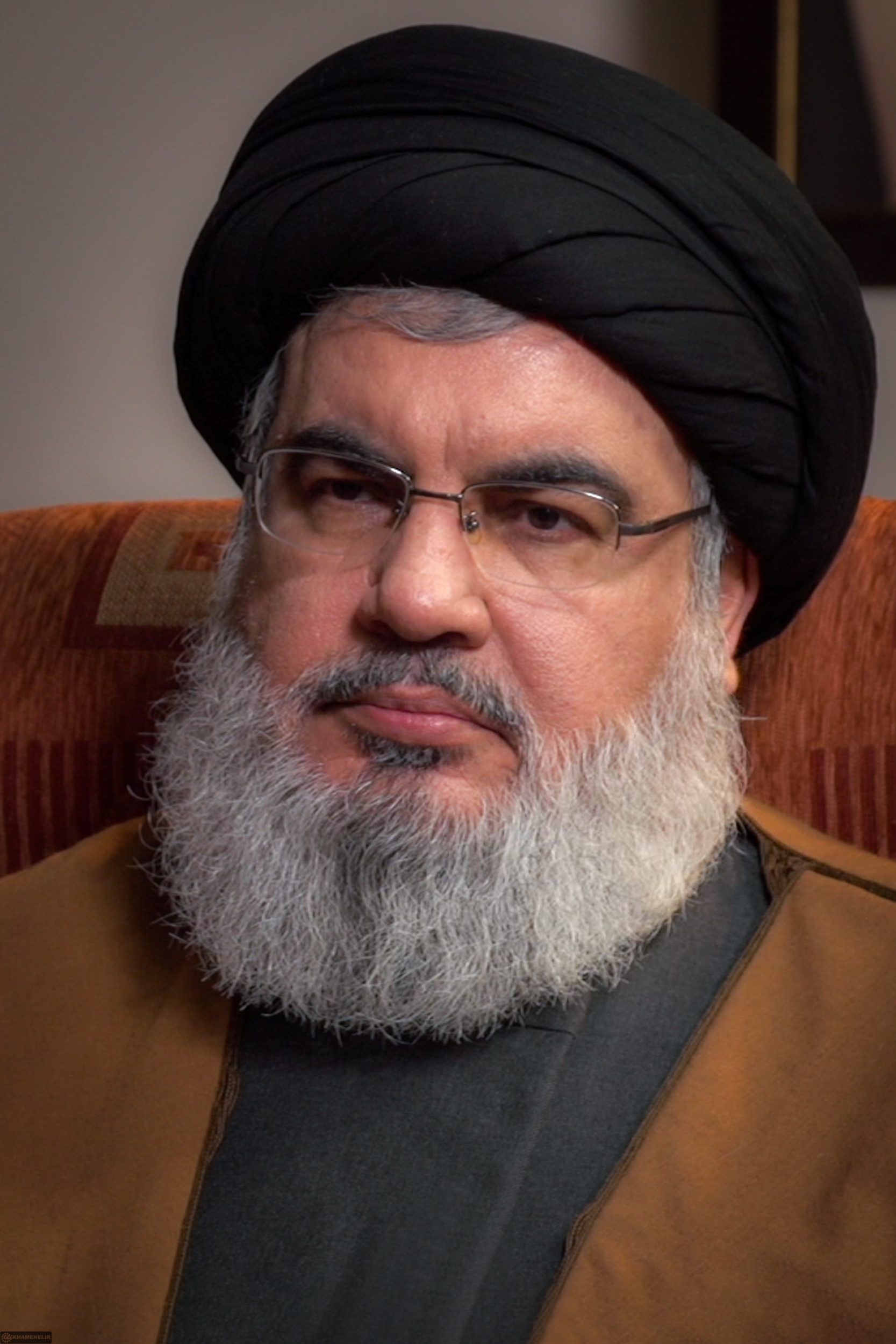
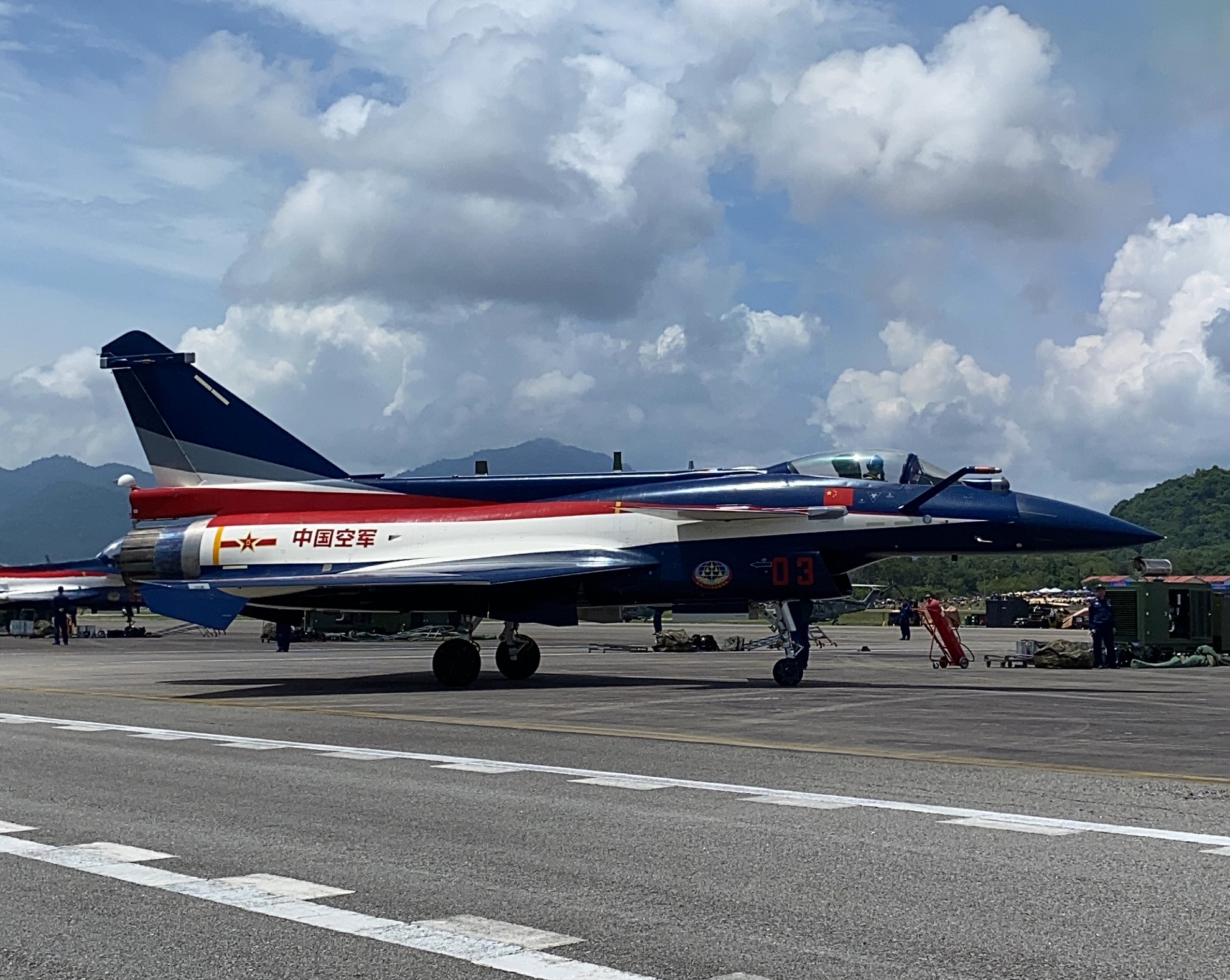
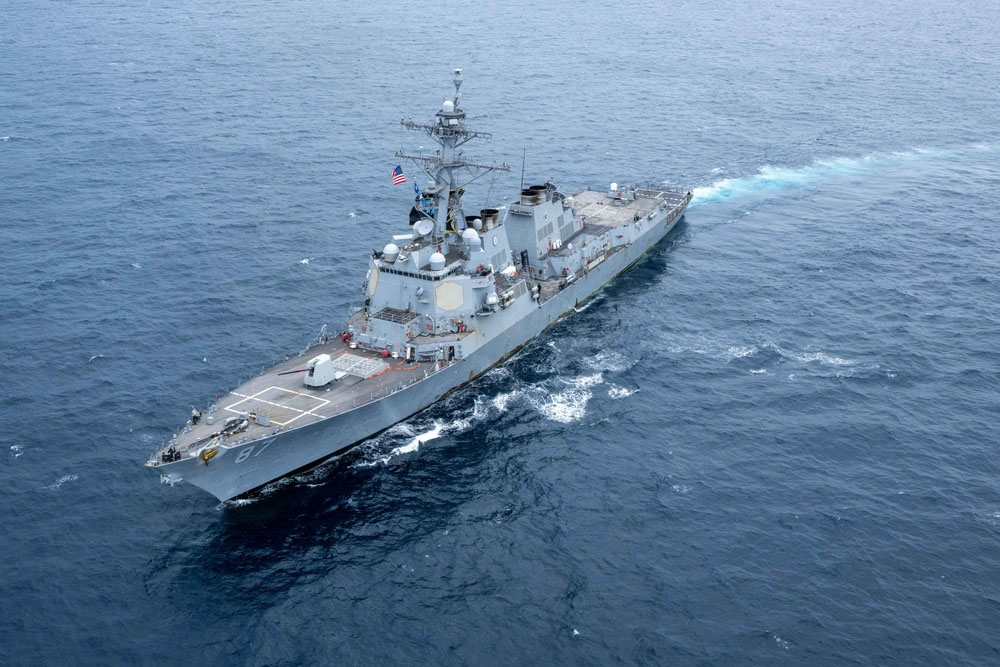
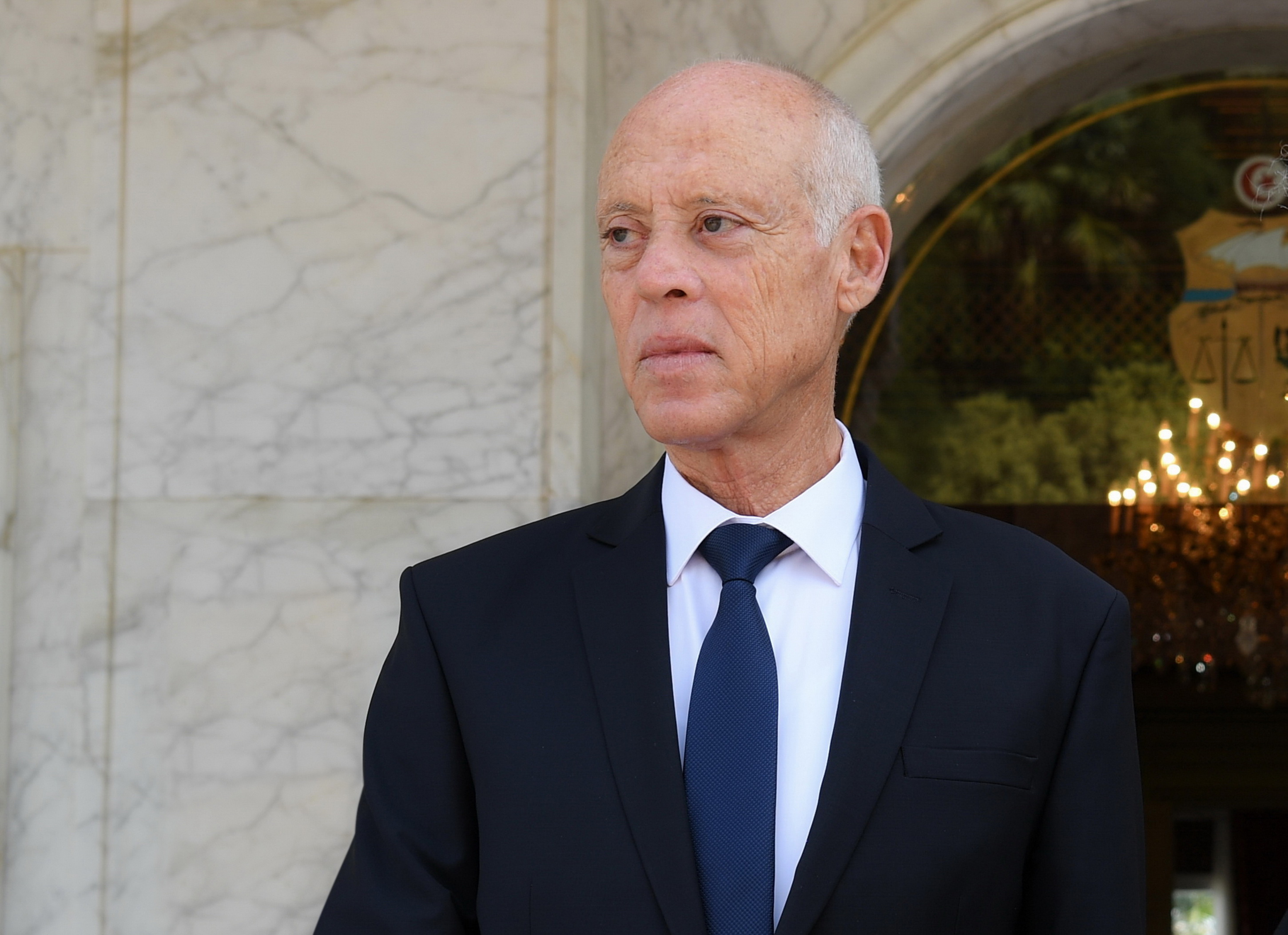
.jpg)
